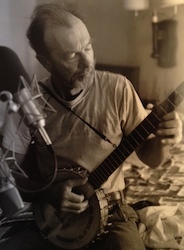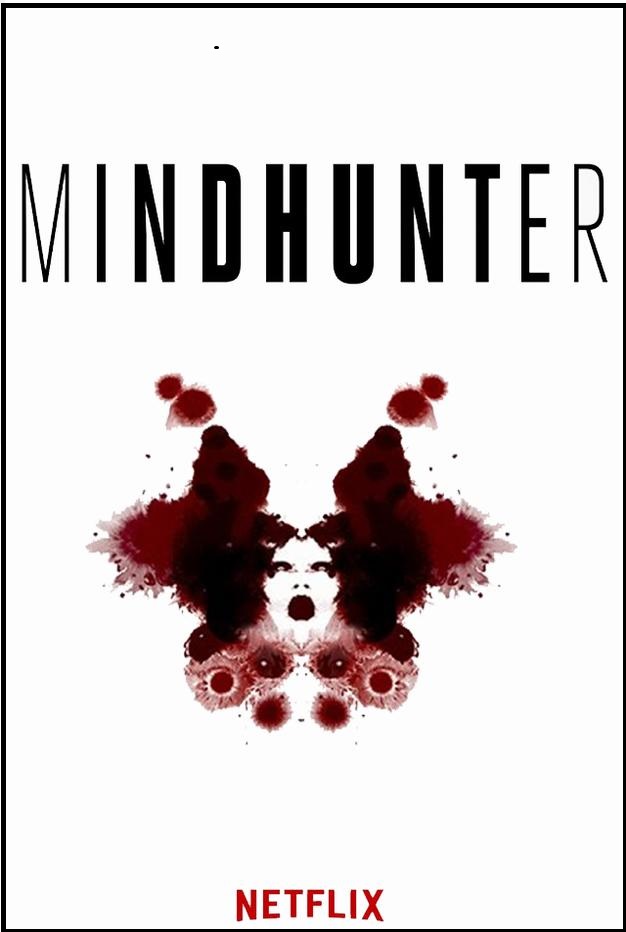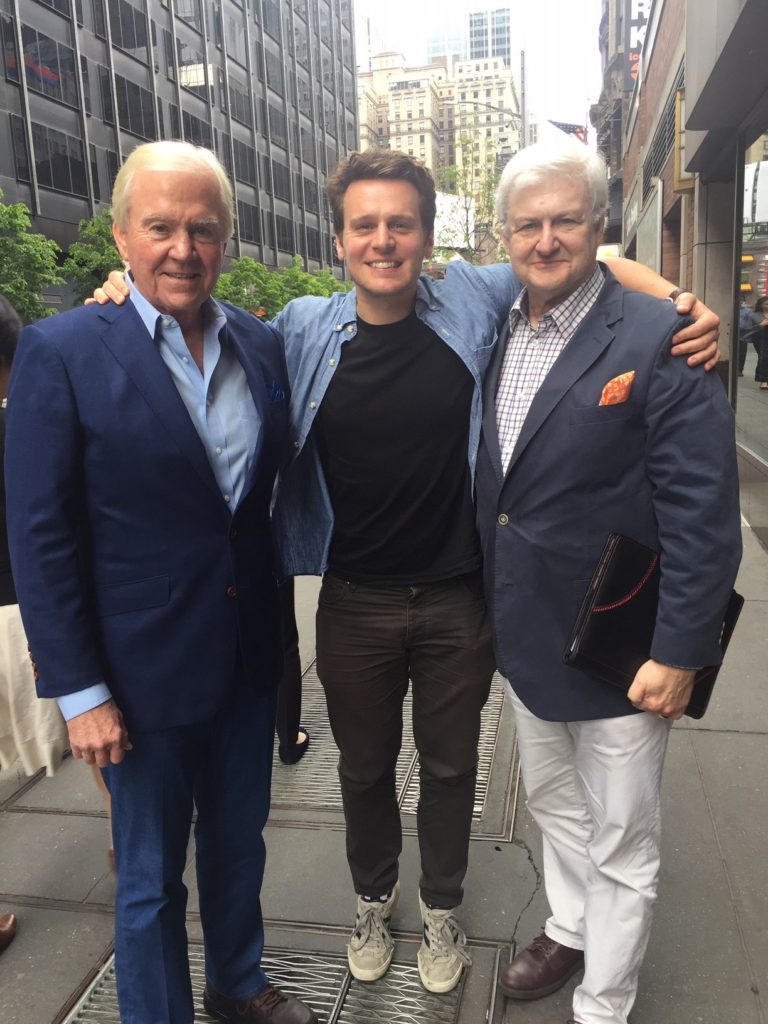Pete Seeger, who passed away yesterday at the age of 94, furnished the soundtrack of my formative years, a soundtrack that has continued to echo and reverberate throughout my life. I have so many memories of Pete (it seemed completely natural to call him by his first name as soon as you met him) both personal and collective.
And the reason I find it so appropriate to memorialize him in this space is because of all of the things he promoted and to which he dedicated his long and productive life, the main one could be summed up in one word:
Justice.
Not everyone agreed with him.
Certainly not the House of Representatives Un-American Activities Committee, which cited him for contempt of Congress after he told them, “I am not going to answer any questions as to my association, my philosophical or religious beliefs or my political beliefs, or how I voted in any election, or any of these private affairs. I think these are very improper questions for any American to be asked, especially under such compulsion as this. It’s a lesson we could all benefit from today when our supposedly liberal President thinks it’s okay for the National Security Agency to pry into the most private details of citizens’ live.
And certainly not the John Birch Society, which picketed his live concerts after the television networks drove him off the air.
Certainly not the Communist Party, after he departed its company and decried their totalitarianism and intolerance for the freedom of others, saying henceforth he was only a “small c communist.”
And certainly not the racists of the American South, against whom he composed his immortal “We Shall Overcome,” which became the anthem of the Civil Rights Movement.
I met Pete several times while I was in college during the anti-war movement. Unlike most celebrities, he was not hard to meet in those days. If he was at a protest, march or rally and you were there, he was completely approachable.
The first time I was physically close to him, I remember noticing that inscribed in a circle on his banjo was the legend, “THIS MACHINE SURROUNDS HATE AND FORCES IT TO SURRENDER.” He later told me he’d gotten the idea from Woody Guthrie, who’d written on his guitar, “THIS MACHINE KILLS FASCISTS.”
By then, such Seeger staples as “Where Have All the Flowers Gone?” and “Turn, Turn, Turn” were embedded within the synapses of my brain.
I got to do a formal interview with Pete one night after a concert he performed at my university. I simply went backstage before he went on, told him I was the arts editor for the campus newspaper, and asked if I could talk to him afterward. He said, “Sure.” I also made significant points with a girl enamored of the counterculture whom I was trying to impress by inviting her to come back with me for the interview.
I’d have to dig back through my scattered and highly disorganized personal archives to find the article that emerged from the interview, but I still recall the last question I asked him: What is it you want people to come away from your concerts feeling?
He thought for a moment, and looked off into middle space, as he had a habit of doing, kind of sighed and responded, “Oh, I suppose that it’s worth the fight, that there’s always hope, that you can make a difference, and that things can change.”
I met Pete again, in my professional life, when I was a writer and documentary filmmaker working on a program for PBS on the architecture critic and social visionary Lewis Mumford. We had a segment on the soulless, individuality-robbing cookie cutter housing developments of the 1950’s and 1960’s, and I had the idea that it would be really cool to have Pete Seeger sing “Little Boxes” as accompaniment.
I didn’t know how to get in touch with him, but I knew he was playing at the Wolf Trap pavilion in Virginia along with Arlo Guthrie. And remembering how I had approached him in the past, I decided just to go out there during a rehearsal and see what happened.
No one stopped me. I just sat down in the audience while Pete and Arlo rehearsed and did sound checks for the evening’s performance. I spotted Pete’s beloved wife Toshi off to the side and asked a Wolf Trap official if he would ask her to come over and talk to me. She arrived a few minutes later and I told her what I wanted. She said it sounded like a worthwhile idea and if I would wait until there was a break, the three of us could talk about it together. She didn’t mention contracts or money or rights or anything like that.
During the break Pete came over and I explained my project to him. He suggested I come to his hotel room the next morning with my sound engineer and he’d work up something for me. So the next day, with Pete sitting on a double bed in his tee shirt and jeans and Toshi, me and the sound engineer sitting on the other double bed, he picked up his banjo with its circular inscription, and did several takes for me of Malvina Reynolds’ classic ballad against mindless conformity. He didn’t ask for a penny.
I brought along my treasured copy of his memoir, The Incompleat Folksinger, and asked him to sign it. He wrote a dedication to my wife and me, and next to his name drew a picture of a banjo. Next to that he wrote some Chinese characters that he said signified “Peace,” his constant quest and universal language.
When a man or woman lives so long and has been such a pervasive presence in your life, you can forget that he or she won’t always be around. But Pete Seeger’s legacy will always be with us.
He was an incredibly generous and positive individual, a man who never raised a hand to anyone, yet never stopped fighting intensely for justice. He was a man who always put his mouth where his money was.
And he overcame.




























Beautiful tribute Mark. Love his words:
“Oh, I suppose that it’s worth the fight, that there’s always hope, that you can make a difference, and that things can change.”
I’m glad you also brought up Woody Guthrie. Both stories remind me of “The Grapes of Wrath”. One of my favorite movies. Fighting for justice, equality, without the use of weapons, but by protesting, by bringing awareness to the public.
Thanks, Rumaj. GRAPES OF WRATH is also one of my favorite novels.
Lovely tribute to one of the great pacifist leaders of our time. I would say “great unsung pacifist leader,” but he was quite well sung and continues to be.